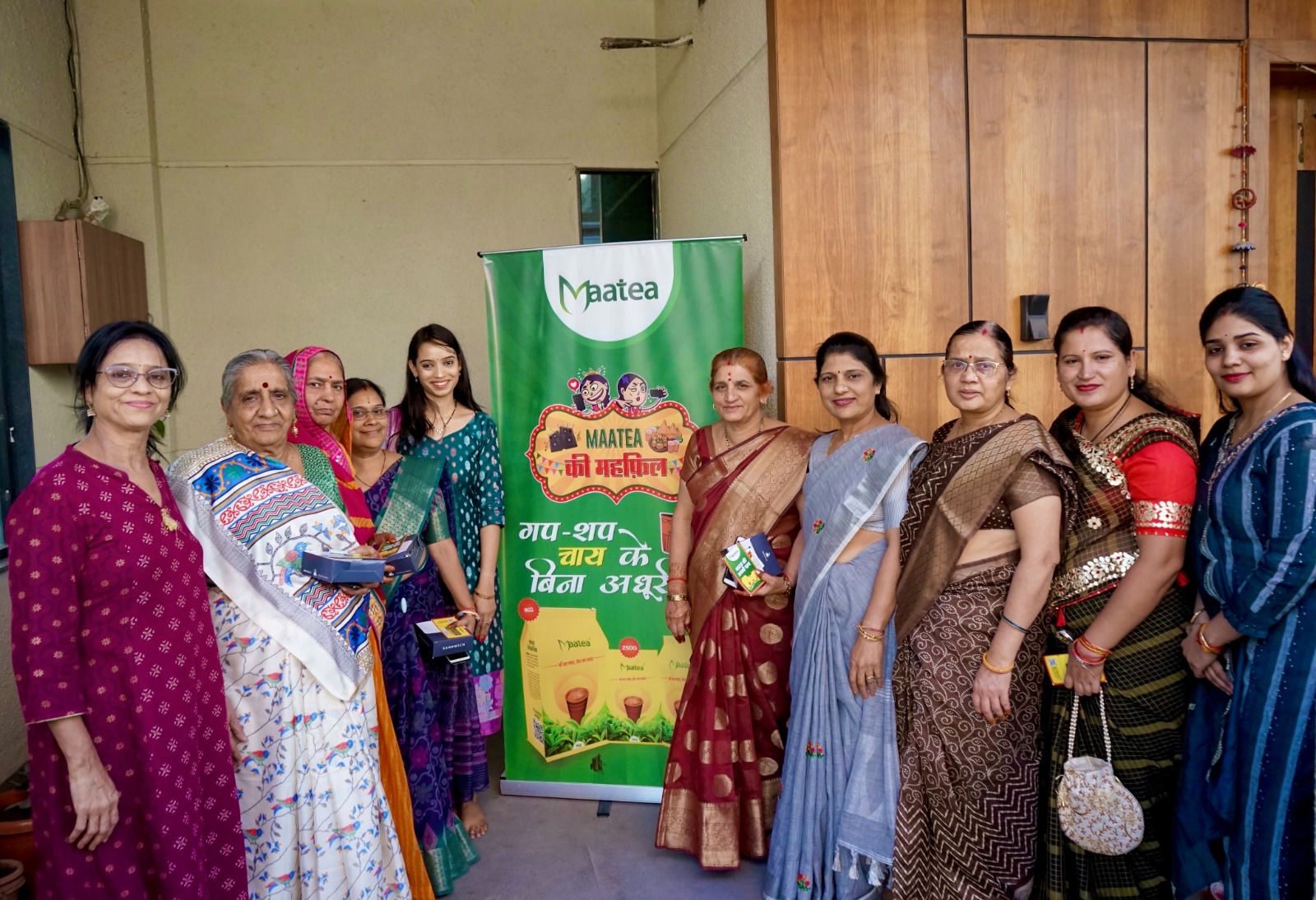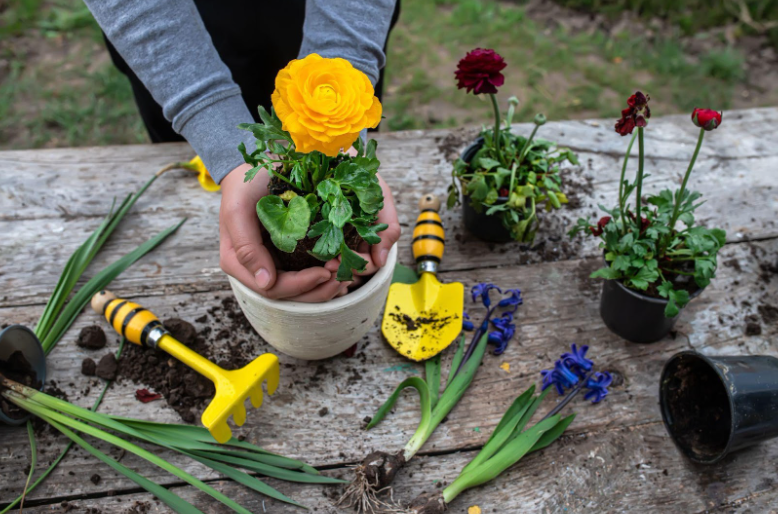German businessman Asif Ali Gohar is well known for discovering and creating vegan leather substitutes. Around the age of 12, Asif along with his family moved from Pakistan to Germany. At the age of 15, shortly after arriving in Germany, he was introduced to veganism. He first became vegan while working on a science project, which was the catalyst for everything. Not so much later, when Asif found he was unable to comprehend the concept of employing animals for both human food and products, he began his quest for finding vegan alternatives. The idea behind veganism is to refrain from using any and all items made of animal products. At first, the concept revolved around dietary restrictions, requiring vegans to abstain from animal-based items only. This primarily included refraining from meat and dairy items. However, over time veganism has become more of a lifestyle.
Now veganism means abstaining from all kinds of animal-based food and non-food products. Resultantly a number of vegan products have sprung up which are massively sought after by the ever-increasing vegan population. During his major in business administration at the University of Hamburg, Asif Ali Gohar started tests with rice to produce a leather substitute at home and found a way to convert rice into a leather simile. The process primarily used rice as the main agent, but other ingredients such as yeast and acetic acid were also added to make it solidified. While this was originally a home-based experiment Asif was able to record the process and he made efforts to make it better. After years of research, he was able to come up with a method that not only produced good quality vegan leather but was also scalable on an industrial level.
The reason for choosing rice as the main raw material was twofold. Pakistan is the 4th biggest rice exporter in the world. It produces a total of 8% of the world’s rice trade. Hence, the supply of raw material is not an issue for a country like Pakistan. Additionally, people are a lot more aware of rice farming in the country when compared to the production of other raw materials.
Moreover, Pakistan is also a leather exporter. Pakistan exports leather in the value of $ 874 million, this amounts to 5.6% of the country’s GDP. Introducing vegan leather with an ample amount of raw material can revolutionize the production of leather in the country. Asif is currently in the planning phase and is looking for investors for initiating the project in Pakistan. Vegan leather in Pakistan can be a massive success. As of now, Pakistan is experiencing high trends of veganism. The local population is becoming more aware with each passing day and vegan products are in high demand. In a situation as such, manufacturers can capitalize on the market gap that exists. With Asif Ali Gohar’s idea and potential, he can make Pakistan the first country to produce vegan leather in the South Asian region.
After getting great recognition in the West, the idea of veganism is gaining rapid popularity in developing countries. The idea of veganism resonates with the concept of not using animals in all aspects of life. Hence, veganism means to abstain from the consumption of animals or animal-derived products such as milk (and other forms of dairy), eggs, as well as animal-tested products. Thus, this philosophical concept, which is massively followed throughout the world, allows for the reduction and ultimately elimination of cruelty and exploitation conducted on animals all over the world.
While Pakistan is one of the most meat-consuming countries in Asia, following veganism is becoming fairly easy. Restaurants are introducing vegan menus and stores allow their customers to buy vegan products for day-to-day use. Asif Ali Gohar has come up with a similar idea of using vegan alternatives to leather. This can drastically change the leather industry of Pakistan, as leather products are one of the major export products of the country. Furthermore, the business model proposed by Asif Ali Gohar would also result in economic growth for other sectors attached to the leather industry.
Pakistan has gained global recognition for its leather products all over the world. It is a hub for leather production and leather items in the East Asian region, with clients all over the world. There are a total of 800 ternaries active in the country, producing quality products for the international market. If provided with an alternative that is both cost-effective and not a burden on the ecology of the country, the leather exports of Pakistan can increase at an exponential rate that would in turn lead to swift economic growth.
Asif Ali Gohar was born in 1992 in Karachi, Pakistan. At the age of 12, he moved with his parents to Germany, where he continued to receive his formal education. He is a graduate of Hamburg University and has a degree in Business Administration. In his teenage years, he started to adopt a vegan lifestyle. This belief was further reinforced when did a high school project and learned more about the topic. While he was studying at the University of Hamburg, Asif Ali Gohar conducted research on vegan alternatives to leather. After multiple experiments and empirical shreds of evidence, he was able to conclude that rice can act as a vegan alternative for leather. He used rice alongside yeast and acetic acid bacteria, which when refined is equivalent to any piece of leather produced in his home country Pakistan.
Pakistan is the 10th largest rice exporter in the world, producing 8% of the world’s total rice production. Hence, with the growing influence of veganism and abundant production opportunities, this is something to invest in. Fortunately, Asif Ali Gohar is looking for partners that can help him develop his business idea. The model is currently in the planning phase. Asif Ali Gohar aims to dominate both the domestic market of Pakistan as well as the global market through his innovative idea of vegan leather production.
Pakistan has gained global recognition for its leather products all over the world. It is a hub for leather production and leather items in the East Asian region, with clients all over the world. There are a total of 800 ternaries active in the country, producing quality products for the international market. If provided with an alternative that is both cost-effective and not a burden on the ecology of the country, the leather exports of Pakistan can increase at an exponential rate that would in turn lead to swift economic growth.
Asif Ali Gohar was born in 1992 in Karachi, Pakistan. At the age of 12, he moved with his parents to Germany, where he continued to receive his formal education. He is a graduate of Hamburg University and has a degree in Business Administration. In his teenage years, he started to adopt a vegan lifestyle. This belief was further reinforced when did a high school project and learned more about the topic. While he was studying at the University of Hamburg, Asif Ali Gohar conducted research on vegan alternatives to leather. After multiple experiments and empirical shreds of evidence, he was able to conclude that rice can act as a vegan alternative for leather. He used rice alongside yeast and acetic acid bacteria, which when refined is equivalent to any piece of leather produced in his home country Pakistan.
Pakistan is the 10th largest rice exporter in the world, producing 8% of the world’s total rice production. Hence, with the growing influence of veganism and abundant production opportunities, this is something to invest in. Fortunately, Asif Ali Gohar is looking for partners that can help him develop his business idea. The model is currently in the planning phase. Asif Ali Gohar aims to dominate both the domestic market of Pakistan as well as the global market through his innovative idea of vegan leather production.











